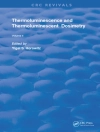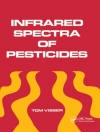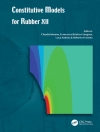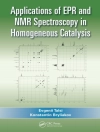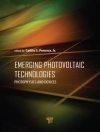Ensuring safe and plentiful supplies of potable water (both now
and for future generations) and developing sustainable treatment
processes for wastewater are among the world’s greatest
engineering challenges. However, sustainability requires investment
of money, time and knowledge. Some parts of the world are already
working towards this goal but many nations have neither the
political will nor the resources to tackle even basic provision and
sanitation. Combining theory and practice from the developing and
developed worlds with high- and low-tech, high- and low-cost
solutions, this book discusses fundamental and advanced aspects of
water engineering and includes:
* water resource issues including climate change, water scarcity,
economic and financial aspects
* requirements for sustainable water systems
* fundamentals of treatment and process design
* industrial water use and wastewater treatment
* sustainable effluent disposal
* sustainable construction principles
With integrated theory, design and operation specifications for
each treatment process, this book addresses the extent to which
various treatment methods work in theory as well as how cost
effective they are in practice. It provides a nontechnical guide on
how to recover and reuse water from effluent, which is suitable for
those in water resource management, environmental planning, civil
and chemical engineering.
关于作者
Ramesha Chandrappa, Karnataka State Pollution Control Board, India
Diganta B. Das, Department of Chemical Engineering, Loughborough University, UK


